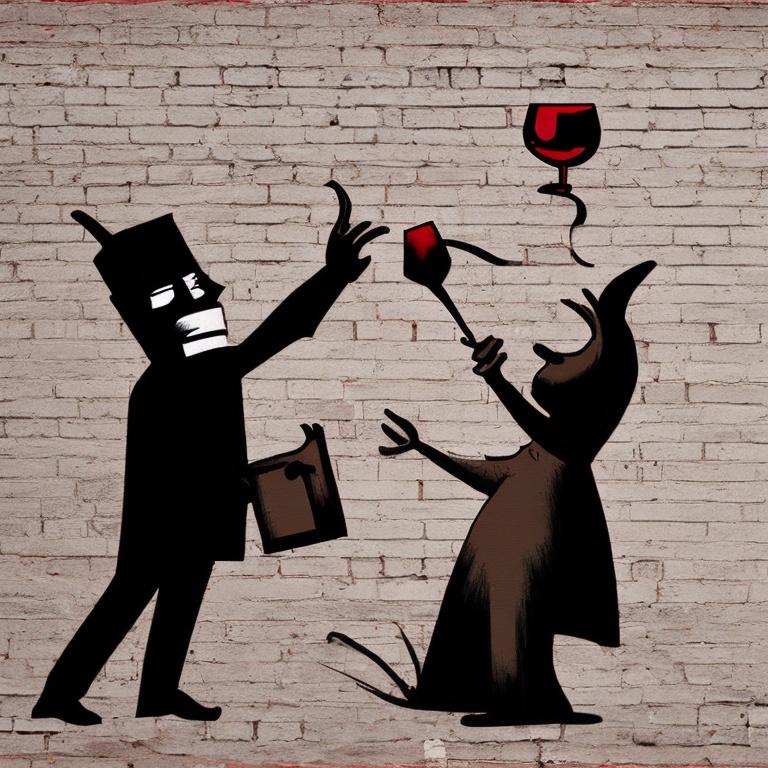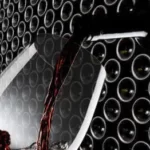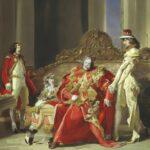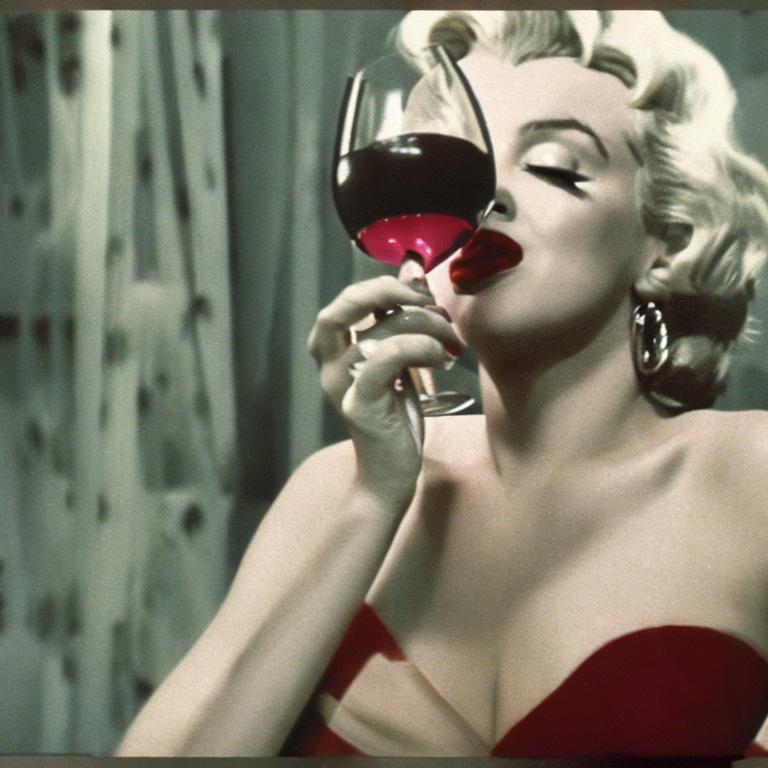Indice
Dante e il Vino nel medioevo
Se noi parliamo di vino nel Medioevo, non possiamo astenerci del padre della lingua Italiana il sommo poeta Dante Alighieri, lui ci concede questa definizione sul nettare del Dio Bacco:
il vino nasce dalla fusione ottima fra il calore del sole e gli umori terrestri della vite.
Da classico uomo del Medioevo Dante non vuole soffermarsi a parlare del vino, utilizza questa definizione come metafora al fine di arrivare a una elaborazione di un concetto religioso, incomincia a parlare dicendo che nel momento in cui Dio immette nel feto l’anima intellettiva, cosa che distingue l’uomo da tutti gli esseri viventi.
Con questo gesto, l’anima composta dal suo intelletto riprende in sé le due anime naturali, espressione fin dalla fecondazione quella vegetativa simile con le piante, e quella sensitiva, specifica degli animali.
Il vino il sangue di Cristo
I diverse significati, che danno dell’umanità viene sempre ricondotto al vino. Tutto questo pensiero rispecchia fondamentalmente la concezione dell’uomo medievale, per il quale il vino rappresenta una bevanda da bere , da scambiare dal punto di vista commerciale, ma esprime anche il sangue del Cristo, espressione religiosa per antonomasia, pieno di significati .
Il vino e il Demonio
Il vino per il pensiero del tempo esprime un abuso o vizio decadente, per questi motivi teologici la Chiesa odia il vino e lo denigra dal punto di vista morale e religioso, vedendo in lui un’espressione subdola del demonio, anche se il vino viene usato dai religiosi durante la celebrazione della sacra Messa.
Il vino e la Chiesa nel medioevo
Questo rapporto di amore e odio che ha la Chiesa verso il vino provoca indirettamente una buona produzione di questa blasfema bevanda, infatti in Italia nel basso Medioevo, quello dei Comuni si produce una grande quantità di vino.
Come si faceva il vino nel medioevo?
L’Italia divenne il centro del commercio di tutti i vini e di tutto il mediterraneo e verso l’Europa Continentale (si passò dall’antichità al Medioevo usando al posto dell’anfora botte di legno, come alcuni sanno la vinificazione ebbe un’evoluzione si adoperarono anfore in terracotta rese impermeabili dalla cera, resine, gesso e pece, mentre nel Medioevo si impose l’utilizzo del legno ritenuto più idoneo per una funzione conservativa ) anche se con l’avvento dell’epoca Medievale si persero alcune tecniche di vinificazione produttiva che si erano realizzate in epoca romana, quindi assistiamo ad un arretramento della produzione vitivinicola.
Questa differenza di tecniche di produzione si evince in epoca Medievale, mentre nel periodo del tardo impero romano si erano varie tipologie di vini da quelli a prezzi abbordabili a quelli molto raffinati, cioè vini fermi e frizzanti fino ad arrivare a un vino territoriale, ovviamente si andava al tempo di Roma dal vino che si prestava ad essere invecchiato a quello consumabile subito.

Cosa bevevano nel medioevo?
Nel Medioevo si tornò ad una produzione di vino primordiale e semplice a quelli che riuscivano a conservarsi oltre i sei mesi di vita, dovranno passare secoli prima che gli uomini riscoprano o che vengono reintrodotte le tecniche di conservazione del vino.
I vini medievali duravano pochi mesi e andavano bevuti entro tre mesi se no perdevano il gusto, infatti un notaio fiorentino Lapo Mazei(1350-1412) scrisse in merito che:
il vino assumeva un odore e un sapore imbevibile.
Addirittura la vendemmia andava fatta per tutti nello stesso tempo, per evitare che qualcuno si avvantaggiasse speculando, perchè il primo vino nel Medioevo era il più buono, si cominciò in seguito come ai tempi degli etruschi e dei greci ad aggiungere spezie, aromi, zucchero etc.
La fine del vino medioevale
La fine del vino Medievale si realizza quando gli uomini riescono ad evitare la ossidazione, comunque il vino medievale veniva annacquato e usato soprattutto dagli aristocratici quello più raffinato, si può affermare che il vino Medievale scompare nel XVII secolo quando le tecniche di conservazione migliorano drasticamente.
Quanto vino si beveva al giorno nel medioevo?
Nel Medioevo ogni uomo consumava due litri vino, anche se di solito si trattava di un vinello a bassa gradazione alcolica, oggi un uomo consuma mediamente 20 litri all’anno, in epoca medievale si era di più sotto l’effetto etilico, perché sovente l’acqua dei fiumi e dei pozzi era inquinata, provocando un enorme mortalità, quindi si consumava il così detto vinello in senso spregiativo per sicurezza e perché si riteneva che il vino contenute nelle botti avesse una funzione curativa e di prevenzione per le malattie in particolare cardiovascolari.






